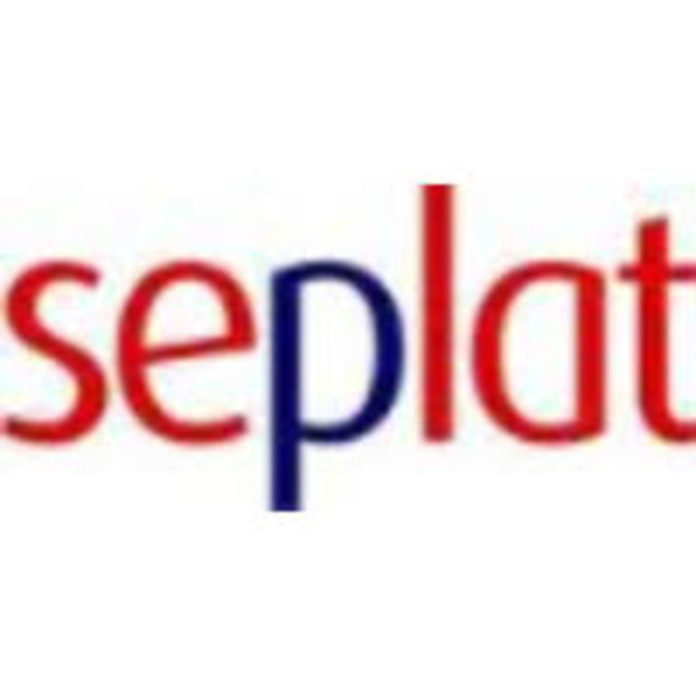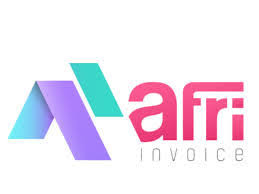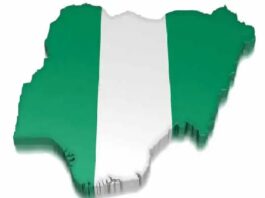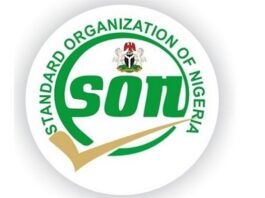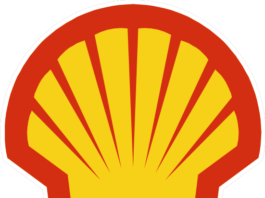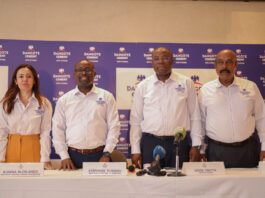Seplat Petroleum Development Company Plc., a leading Nigerian indigenous oil and gas company, listed on both the Nigerian Stock Exchange and London Stock Exchange has announced a final dividend at a rate of US$0.05 (United States Five Cents) per Ordinary Share with a record of $746million revenue in 2018.
In a statement made available to Daily Champion which provided Seplat’s full year 2018 financial results and an operational update, the dividend is subject to shareholders’ approval at the 2019 Annual General Meeting; payable to Seplat’s shareholders whose names appear in the Register of Members as at the close of business on 20th March 2019
According to the statement, 2018 audited result and accounts of Seplat Petroleum Development Company Plc showed revenue grew by 65.2 per cent to N228.39billion in 2018 from N138.28 billion reported in 2017.
Having emerged from a period of weak macro conditions and a disrupted operating environment in 2016 and 2017, the Board reinstated the dividend in 2018 with a special dividend of $0.05 per share in April paid to normalise returns to shareholders after the dividend suspension and an interim dividend of $0.05 per share declared in last October in line with its normal dividend distribution timetable
“The Company’s Annual General Meeting will be held in Lagos on Thursday, 16thMay, 2019.”
Commenting on the results Austin Avuru, Seplat’s Chief Executive Officer, said: “Seplat has delivered an excellent operational and financial performance resulting in robust profitability and cash flow generation providing us with an extremely solid foundation for growth in the coming years. At our core assets in the West, OMLs 4, 38 and 41, the extension of the license to 2038 means that we can confidently plan and invest long into the future to realise the full potential of those blocks.
‘’As we continue to enhance production and revenue diversification with new wells scheduled at OML 53 in the East, the board took the Final Investment Decision to invest in the large scale ANOH gas and condensate development which will form the next phase of transformational growth for our gas business. ‘’
‘’Disciplined capital allocation continues to remain at the core of our activities evidenced by our continual deleveraging of our debt levels to the current balance of US$350m. In 2018, we reinstated the dividend, increased capital investments and with the resources and headroom in our capital structure, we are equipped to capitalise on organic and inorganic growth opportunities as they may arise.”
For 2019, the company production guidance for 2019 is set at 49,000 to 55,000 boepd on a working interest basis, comprising 24,000 to 27,000 bopd liquids and 146 to 164 MMscfd (25,000 to 28,000 boepd) gas production. Capex guidance for 2019 is set at US$200 million. Rig based activity will step-up significantly in 2019. In the western Niger Delta at OMLs 4, 38 and 41 the Company plans to drill up to seven new oil production wells, one new gas well, one rig based re-entry of an existing oil well and one appraisal well.
Facilities and engineering projects will focus on delivery of an upgraded integrated gas processing facility at Sapele and further upgrades to the liquid treatment facility to enable increased deliveries of dry crude in sapele and Amukpe. At OPL 283 preparation work for development of the Igbuku gas field will continue with concept selection and FEED studies.
In the eastern Niger Delta at OML 53 development of the Ohaji South oil reserves will continue with the drilling of three planned oil production wells while the Company expects to also undertake a rig based workover of one existing oil production well at the jisike field. In addition to this two appraisal wells are planned, one of which will be at the undeveloped Owu oil discovery.
Facilities and engineering work will focus on the expansion of oil production facilities at the Jisike and Ohaji South oil fields. At OML 55 the Company will continue to monetise liftings towards full recovery of the $330 million discharge sum.
According to the report, the default currency and options on currency election for the dividend will depend as follows: Shareholders holding their shares on the Nigerian Stock Exchange without a valid Nigerian Certificate for Capital Importation (“CCI”) will be paid their dividend in Naira as the default currency;
Shareholders holding their shares on the Nigerian Stock Exchange with a valid CCI will be paid their dividend in US dollars as the default currency. However, those shareholders may instead elect to receive their entire dividend payment in Naira (partial elections are not permissible). Evidence of the CCI must be provided to Datamax Registrars Limited; and
Shareholders holding their shares through depository interests on the London Stock Exchange will be paid their dividend in US dollars as the default currency. However, those shareholders may instead elect to receive their entire dividend payment in pounds sterling. Partial elections are not permissible.
“The exchange rate for the Naira or Pounds Sterling amounts payable will be determined by reference to the relevant exchange rates applicable to the US dollar on 19thMarch 2019 and will be communicated by the Company on20thMarch 2019
“On or around 23rdMay 2019, the final dividend will be paid electronically to shareholders whose names appear on the Register of Members as at 20th March 2019, and who have completed the e-dividend registration and mandated the Registrar to pay their final dividend directly into their Bank accounts.
Shareholders who are yet to complete the e-dividend registration are advised to download the Registrar’s E-Dividend Mandate Activation Form, which is also available datamaxregistrars, complete and submit to the Registrar or their respective Banks. Holders of shares through depositary interests on the LSE should provide their account details to the Company’s UK depositary, Computershare.
In a statement endorsed by Mr Roger Brown Chief Financial Officer of the Seplat and sent by Stanley Opara, Manager Corporate Communications and External Affairs Communications of Seplat said shareholders with dividend warrants and share certificates that have remained unclaimed, or are yet to be presented for payment or returned for validations are advised to complete the e-dividend registration or contact the Registrar.
@@@@@@@@@@@@@@@@@@@@@@@@@@@@@@@@@@@@@@@
BPE set to address challenges hindering growth of privatized enterprises
UGO AMADI
In its determination to ensure that privatised enterprises in the country provide dividends to the citizenry in line with the privatisation policy of the Federal Government, the Bureau of Public Enterprises (BPE) has inaugurated four committees to come up with a mechanism for addressing the complexities and challenges hindering the growth and development of some privatised enterprises in the country which were handed over to the core investors over ten years ago.
The committees are also to provide policy markers with further insight into the practical realities facing the sectors in which the enterprises were privatised and proffer credible solutions to addressing the problems. They are the committees on Housing Sector (the Bricks and Clay), Mines and Steel Development, Oil Palm and Automobiles. The fifth committee on Paper Mills had earlier been inaugurated.
Inaugurating the committees in Abuja on Thursday, March 7, 2019, Director General of the Bureau of Public Enterprises (BPE), Mr. Alex A. Okoh recalled that the National Council on Privatisation (NCP) at its meeting of April 12, 2018 reviewed the performances of some privatised enterprises in the past ten years and observed that they occupied a strategic place in the nation’s economy but have remained suboptimal since privatisation.
Okoh said the NCP also took into cognizance, the need to resuscitate and reposition the enterprises in order to enhance their market value and their overall contribution to the economy.
Consequently, he said, the NCP directed its secretariat the (BPE) to organise an Enterprise Stakeholders/Investors Forum with the objective of creating a platform where the Core Investors of the privatised enterprises, potential investors and relevant MDAs would meet and chart a way forward for their resuscitation through partnership between the private and public sectors; adding that the objective is in consonance with the Economic Recovery and Growth Plan (2017) of the Federal Government.
The Director General noted that it has been the custom in BPE to engage stakeholders in its programme design and execution in order to solicit their cooperation, support and participation to the success of the privatisation programme and the Nigeria economy.
Okoh implored members of the committees to work assiduously and submit their report within 90 working days’ timeline.
Membership of the Committees is drawn from the relevant sectors, ministries, the Bureau of Public Enterprises (BPE) and the private sector.


